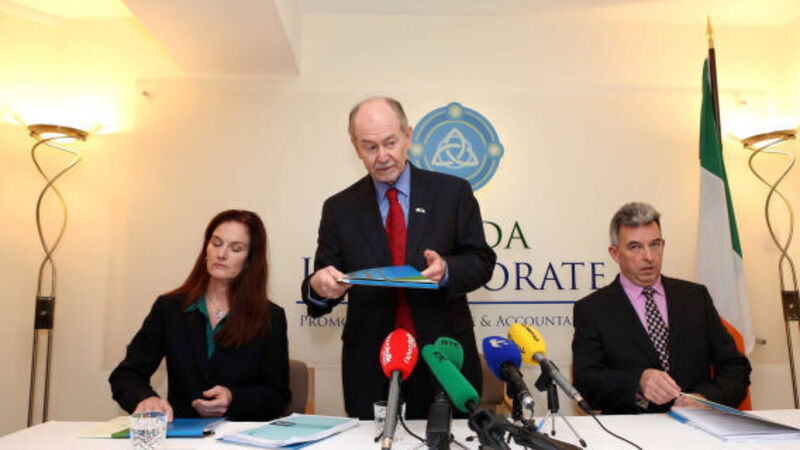‘Consistent, widespread breaches’ by gardaí

It cited a lack of garda oversight of the system, which it said was “fraught” with wasted human resources, a lack of internal controls, antiquated processes and loss of legitimate revenue to the State.
The report cites senior garda officers as saying that the controversy would not have happened if gardaí adhered to official policy.













